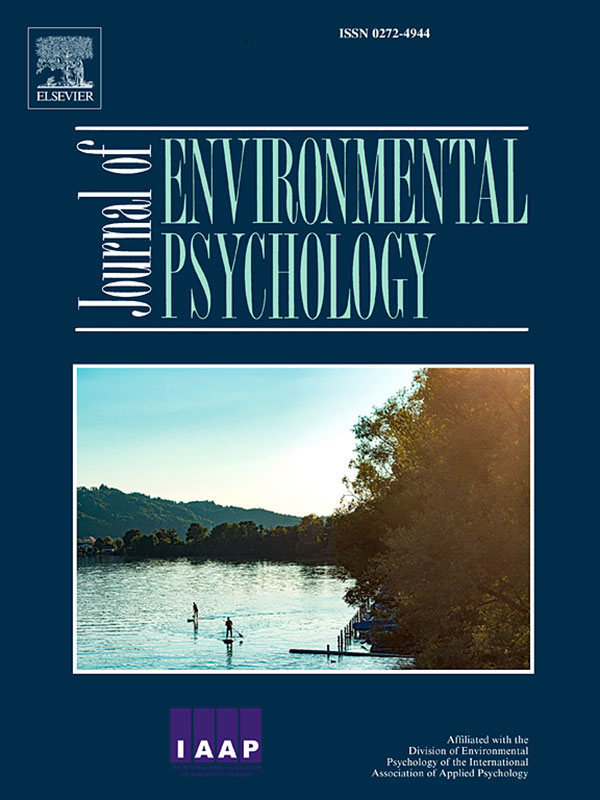Research Article
Immersion in nature decreases neural sensitivity to extrinsic reward
Publication Date:
DOI: https://doi.org/10.1016/j.jenvp.2025.102546
Abstract
The emerging field of environmental neuroscience has begun to elucidate neural mechanisms that underlie the cognitive benefits of immersion in nature. Previous research has shown that exposure to nature improves performance monitoring, a key aspect of executive attention, and decreases impulsive decision-making. Both of these constructs are intrinsically related to how individuals process rewards. Performance monitoring helps optimize behavior based on reward feedback, while impulsive decision-making reflects how individuals value and respond to rewards. The current study explores whether exposure to nature influences reward processing at the neural level. In two experiments, we utilized electroencephalography (EEG) to measure amplitude of the reward positivity (RewP)—an event-related brain potential that indexes sensitivity to reward—while participants completed a simple monetary gambling task. Participants were either immersed in nature for four days (Experiment 1; N = 63) or viewed images of nature (Experiment 2; N = 56). We found a decrease in amplitude of the RewP during immersion in nature but not after viewing nature images. This suggests that immersion in nature decreases neural sensitivity to monetary reward, potentially due to a shift in one's goals in nature that reduces the perceived value of extrinsic rewards. It is possible that being in nature promotes engagement with internal states and intrinsic motivations rather than external, monetary incentives. The results also demonstrate that immersion in nature uniquely influences reward processing in the brain in a way that viewing images of nature does not.
